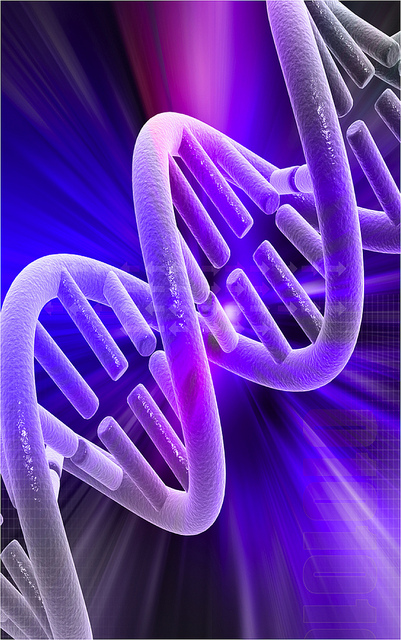Human Germline Genome Editing: An ‘Impressive’ Sleight of Hand?
By Francoise Baylis,
Impact Ethics
| 02. 17. 2017
Françoise Baylis wonders how it is that in 14 months (from December 2015 to February 2017), the U.S. National Academy of Sciences and the U.S. National Academy of Medicine have moved human germline genome editing out of the category ‘irresponsible’ and into the category ‘permissible.’
In December 2015, the U.S. National Academy of Sciences, the U.S. National Academy of Medicine, the Chinese Academy of Sciences and the U.K.’s Royal Society co-hosted an International Summit on Human Gene Editing. At the close of the meeting, members of the Summit Organizing Committee issued a Statement that included four discrete conclusions. In response to the Statement, the Presidents of the four co-sponsoring organizations confirmed that: “Together with academies around the world, and in coordination with other international scientific and medical institutions, we stand ready to establish a continuing forum for assessment of the many scientific, medical, and ethical questions surrounding the pursuit of human gene-editing applications.”
One of the pivotal conclusions in the 2015 Statement was that “it would be irresponsible to proceed with any clinical use of germline editing unless...
Related Articles
By David Jensen, California Stem Cell Report | 02.10.2026
Touchy issues involving accusations that California’s $12 billion gene and stem cell research agency is pushing aside “good science” in favor of new priorities and preferences will be aired again in late March at a public meeting in Sacramento.
The...
By Alex Polyakov, The Conversation | 02.09.2026
Prospective parents are being marketed genetic tests that claim to predict which IVF embryo will grow into the tallest, smartest or healthiest child.
But these tests cannot deliver what they promise. The benefits are likely minimal, while the risks to...
By Mike McIntire, The New York Times | 01.24.2026
Genetic researchers were seeking children for an ambitious, federally funded project to track brain development — a study that they told families could yield invaluable discoveries about DNA’s impact on behavior and disease.
They also promised that the children’s sensitive...
By Arthur Lazarus, MedPage Today | 01.23.2026
A growing body of contemporary research and reporting exposes how old ideas can find new life when repurposed within modern systems of medicine, technology, and public policy. Over the last decade, several trends have converged:
- The rise of polygenic scoring...




